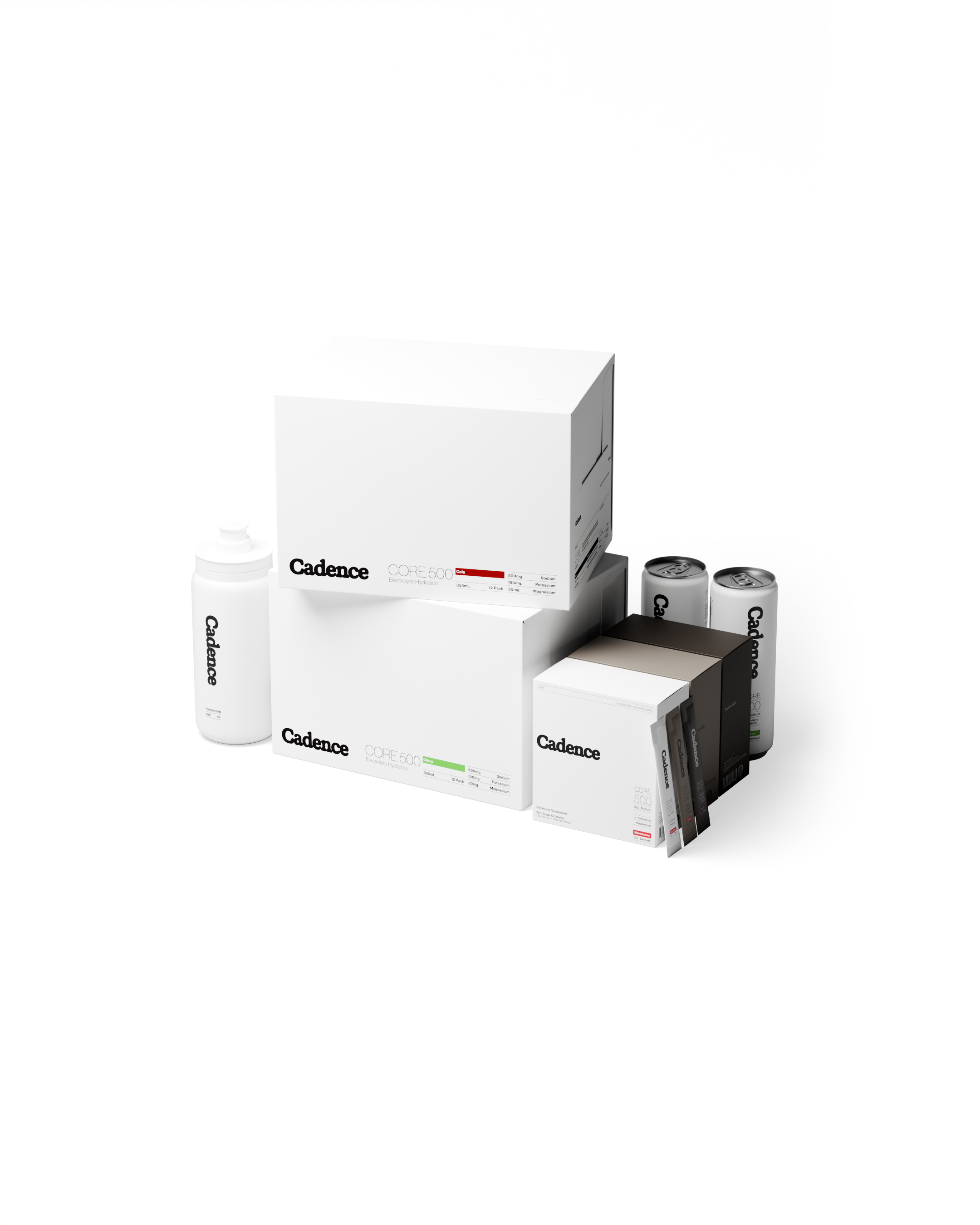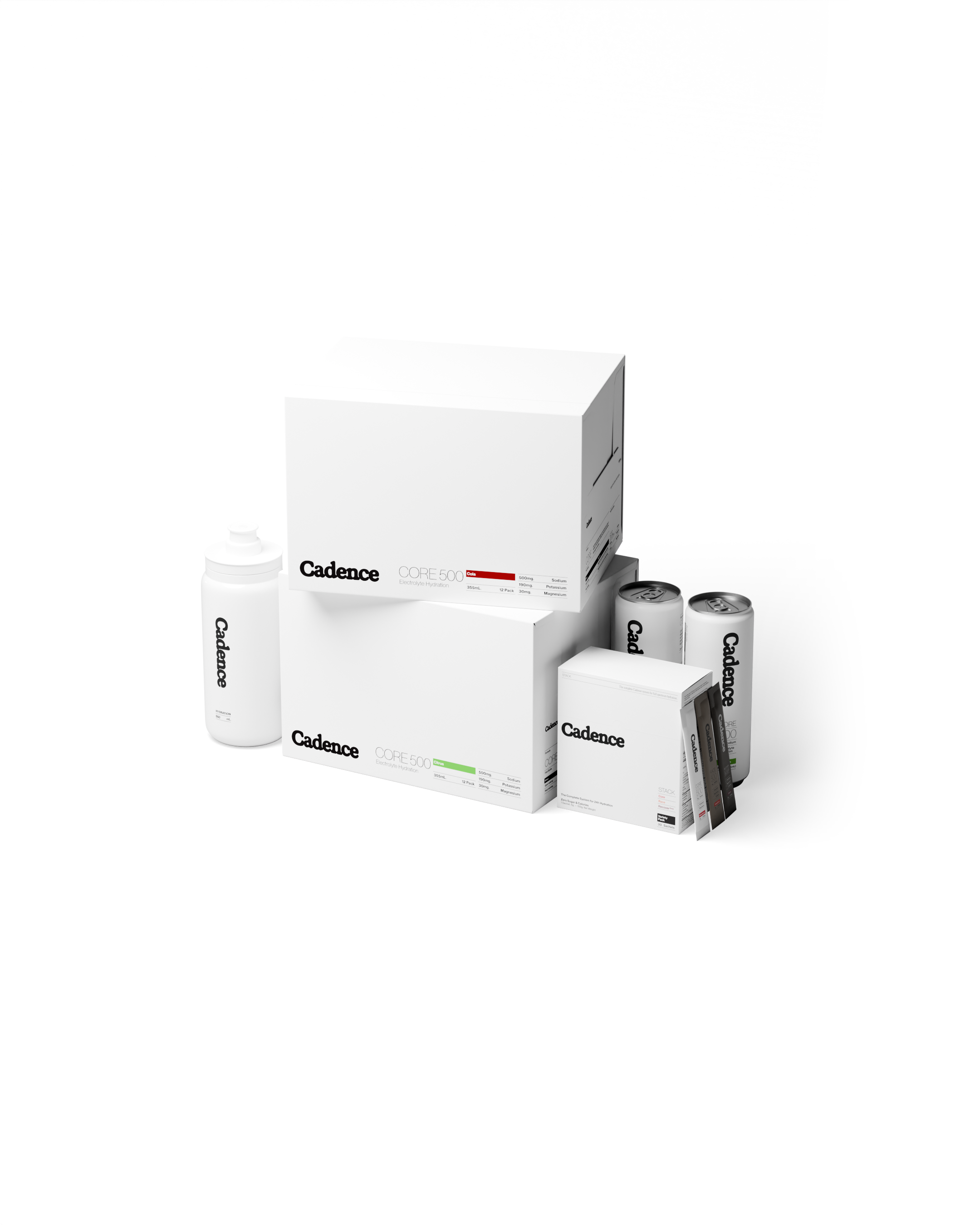Introduction
Muscle cramps are an involuntary, often painful, muscle contraction that can affect anyone at any time, but are predominantly induced through exercise. In this article, we’ll look into how electrolytes affect muscle cramping and what you can do to manage or prevent it.
What are Muscle Cramps?
Muscle cramps are involuntary and sudden spasms or tightening of muscles. They can occur in any muscle group but are most common in the legs. Causes of muscle crampings range from overuse of the muscle, dehydration, or sitting or standing for an extended period.
What are Electrolytes?
Electrolytes, including sodium, potassium, and magnesium, are minerals that carry an electric charge and are vital for many bodily functions. They play a role in nerve function, hydration, muscular recovery, and muscle contraction and relaxation.
The Interplay of Electrolyte Imbalance and Muscle Cramps
An imbalance of electrolytes occurs when the levels in your body are either too high or too low. This can be due to factors such as excessive sweating or not consuming enough electrolytes, especially during exercise. This imbalance is a common cause of muscle cramps, as it affects the muscles' ability to properly contract and relax. Studies have found that when electrical simulated-inducing muscle cramps, pure water intake after dehydration makes muscles more susceptible to cramping whilst intake of electrolyte rich oral rehydration solutions reverse that effect (Lau et al., 2019).
Key Electrolytes That Affect Muscle Function
Sodium: Sodium helps regulate fluid balance, ensuring that your muscles stay hydrated. Replenishing sodium can help your body retain water (Coso et al., 2016), which plays a role in preventing cramping. One study explored the relation between taking a sodium chloride-carbohydrate solution and cramping. The researchers found that the group which consumed such solutions had a time delay onset of cramping more than double of the group which was dehydrated (Jung et al., 2005).
Potassium: Potassium is commonly known and understood to aid in muscle contractions and relaxation, which is vital during and after exercise to prevent cramps and facilitate recovery.
Preventing Muscle Cramps by Maintaining Electrolyte Balance
To prevent muscle cramps, it's important to maintain a balanced intake of the electrolytes discussed. This can be achieved through a diet rich in fruits, vegetables, nuts, seeds, and dairy products.
For those engaging in high intensity exercise, exercise in hot conditions, or those wanting to generally increase their intake of electrolytes, further supplementation is also a convenient option. The Cadence™ electrolyte hydration drink contains 500mg of sodium chloride, 190mg of potassium chloride and 295mg of magnesium lactate.
Conclusion
Knowing the role of electrolytes in muscle cramping is key to managing and preventing these involuntary spasms. By maintaining a balanced electrolyte level through diet, hydration, and possibly supplementation, you can help delay the onset of or event prevent muscle cramping. Whilst you're here, be sure to check out our Core Hydration Electrolyte Sticks. If you would like to sample our full range of electrolyte sachets, then you can also explore our variety pack of hydration sticks.
Frequently Asked Questions (FAQs)
Can drinking more water help prevent muscle cramps?
Yes, as long as electrolyte balance is maintained. Pure water intake can be accompanied by consuming electrolyte rich foods or drinks.
Are muscle cramps a sign of a serious medical condition?
While often benign, persistent or severe cramps should be evaluated by a healthcare professional as they can sometimes indicate underlying medical issues.
Can all muscle cramps be prevented by electrolyte balance?
Not all, but many muscle cramps can potentially be prevented or alleviated by maintaining proper electrolyte levels.
Is it possible to have too many electrolytes?
Yes, excessive electrolyte intake can lead to imbalances just as deficiencies can, which highlights the importance of a balanced approach. For information on how many electrolytes you should consume, please consult a medical professional.
References
Lau WY, Kato H, Nosaka K. Water intake after dehydration makes muscles more susceptible to cramp but electrolytes reverse that effect. BMJ Open Sport Exerc Med. 2019 Mar 5;5(1):e000478. doi: 10.1136/bmjsem-2018-000478. Erratum in: BMJ Open Sport Exerc Med. 2019 Apr 11;5(1):e000478corr1. PMID: 30899546; PMCID: PMC6407543.
Del Coso J, González-Millán C, Salinero JJ, Abián-Vicén J, Areces F, Lledó M, Lara B, Gallo-Salazar C, Ruiz-Vicente D. Effects of oral salt supplementation on physical performance during a half-ironman: A randomized controlled trial. Scand J Med Sci Sports. 2016 Feb;26(2):156-64. doi: 10.1111/sms.12427. Epub 2015 Feb 14. PMID: 25683094.
Jung AP, Bishop PA, Al-Nawwas A, Dale RB. Influence of Hydration and Electrolyte Supplementation on Incidence and Time to Onset of Exercise-Associated Muscle Cramps. J Athl Train. 2005 Jun;40(2):71-75. PMID: 15970952; PMCID: PMC1150229.
Potassium and Your Body: What you need to know. (n.d.). WebMD. Retrieved March 21, 2024, from https://www.webmd.com/a-to-z-guides/story/potassium-and-your-body
